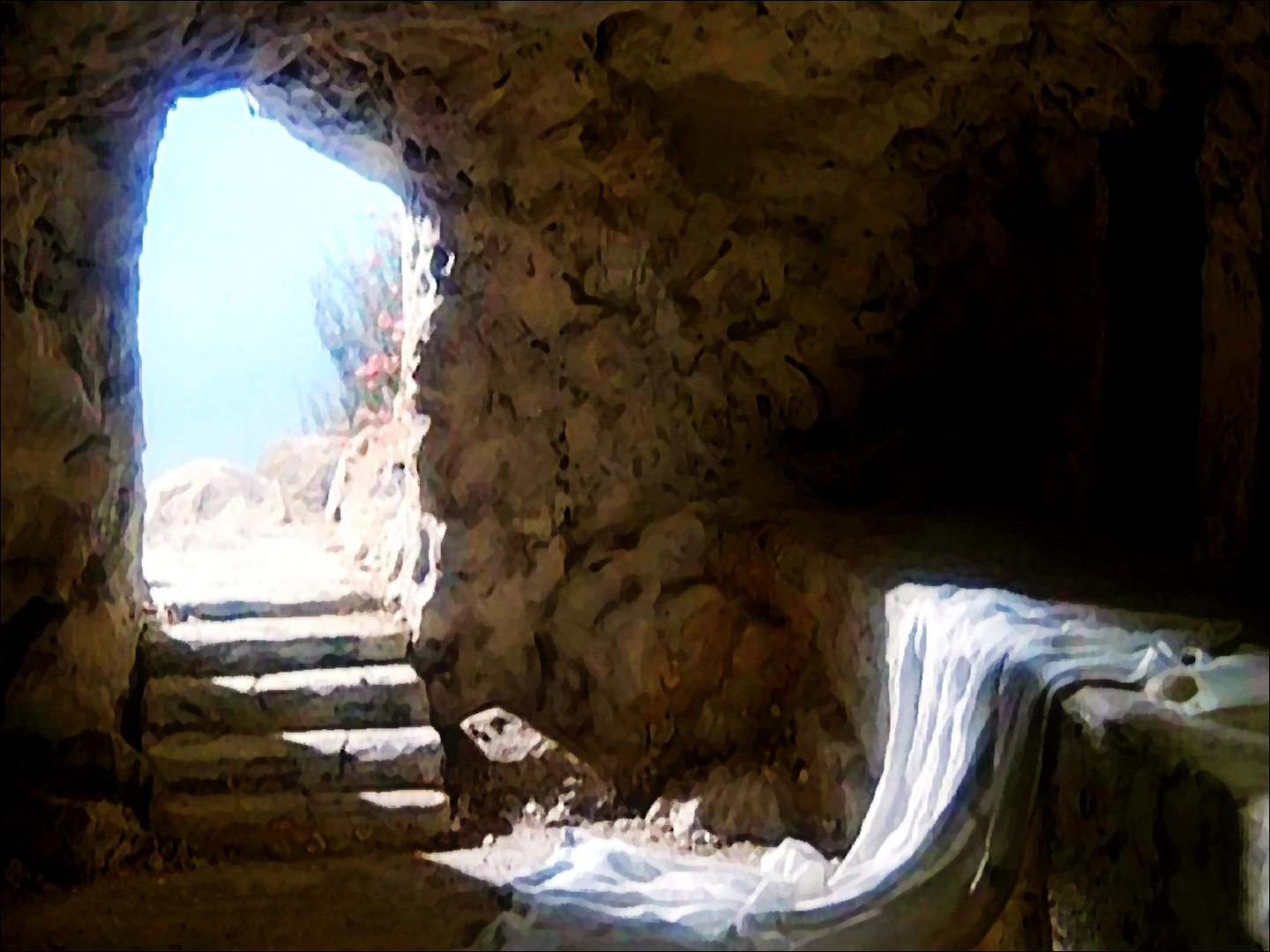
"So will it be with the resurrection of the dead. The body that is sown is perishable, it is raised imperishable; it is sown in dishonor, it is raised in glory; it is sown in weakness, it is raised in power; it is sown a natural body, it is raised a spiritual body."
(1 Co 15:42–44)
As we come up to Easter Sunday, let us mediate on several truths about the doctrine of resurrection. First, when Jesus rose from the dead after 3 days in the tomb, it showed the truth that He is who He claimed to be, the Son of God, God who became man. Jesus on numerous occasions predicted that He would be handed over to sinners, die and then rise from the dead.
In John 2:19 after chasing out the money changers and those profiting from selling sacrifices in the temple, this is how Jesus responded to the priests after they challenges His authority, “Destroy this temple and in three days I will raise it up.” In Matthew 16:21 after Peter made that great confession that Jesus is the Christ the Messiah of Israel, Jesus told him and the other disciples that “He must go up to Jerusalem, suffer many things… be killed and on the third day be raised.”
No other religious leader in history claimed to be God and then proved it when rising from the dead. Muslims still venerate the bones of Mohammed that sit in various mosques throughout the world. When Gautama Buddha died, history tells us he was cremated and then his ashes were scattered in eight different regions. Whether it was the founder of Sikhism, the various mythical kings of Hinduism or the pantheon of Greek and Roman gods, only Jesus died and then was raised.
This leads us to a second truth, just as Jesus was raised from the dead, He extends to those who believe in Him that same promise: we too will be resurrected. Romans 8:11, “if the Spirit of Him who raised Jesus from the dead dwells in you, He who raised Christ Jesus from the dead will also give life to your mortal bodies.” Jesus told us this way in John 5:21, “For as the Father raises the dead and gives them life, so also the Son gives life to whom He will.”
This certainty of our eternal state and future leads to a third essential doctrine, the necessity our faith in the resurrected Christ for our salvation. Romans 10:9, “If you confess with your mouths that Jesus Christ is Lord and believe in your hearts that God raised Him from the dead you will be saved.” To believe in Jesus means to accept the claims He and the word of God makes about Him, that He is God in the flesh and that there is no other means of salvation for mankind. It is to embrace the exclusive claims about Jesus as the only “way, truth and life” to God.
The Bible teaches that the crucifixion and the resurrection are to be accepted as our first step in salvation. The cross was the place Jesus shed His blood for the forgiveness of our sins and the empty tomb was the place that we see the majesty, glory and power of who Christ truly is, God who became man and has the power over both life and death. Here is how one of the Apostles, Jesus’ own brother Jude expressed this truth, “Jesus Christ our Lord, be glory, majesty, dominion and authority, before all time, and now and forever.” (Jude 1:24)
A final truth about the resurrection is that it becomes are primary hope in this life and the life to come. “He has caused us to be born again to a living hope through the resurrection of Jesus Christ from the dead, to an inheritance that is imperishable, undefiled and unfading, kept in heaven for you.” (I Peter 3-4) This hope has the power to eclipse the greatest disappointments, sufferings and difficulties of this life. We understand that this life is brief and temporary, trouble filled.
Through the promises of Scripture we also understand that though “in this world we would face tribulation,” we accept Jesus promise to us that in Him is “peace, for I have overcome the world.” (John 16:33) The Apostle Paul put it this way when looking at his own sufferings in Romans 8:18, “I consider the present sufferings not worth comparing to the eternal weight of glory that awaits us.”
May God fill you with these truths this special week as we reflect on Christ’s death on the cross and the victory we have through His resurrection. May these doctrines remind us that one day our future will be glorious, for though our bodies when day will be sown in “dishonor,” they will also be “raised in glory.” (I Cor 15:43)
